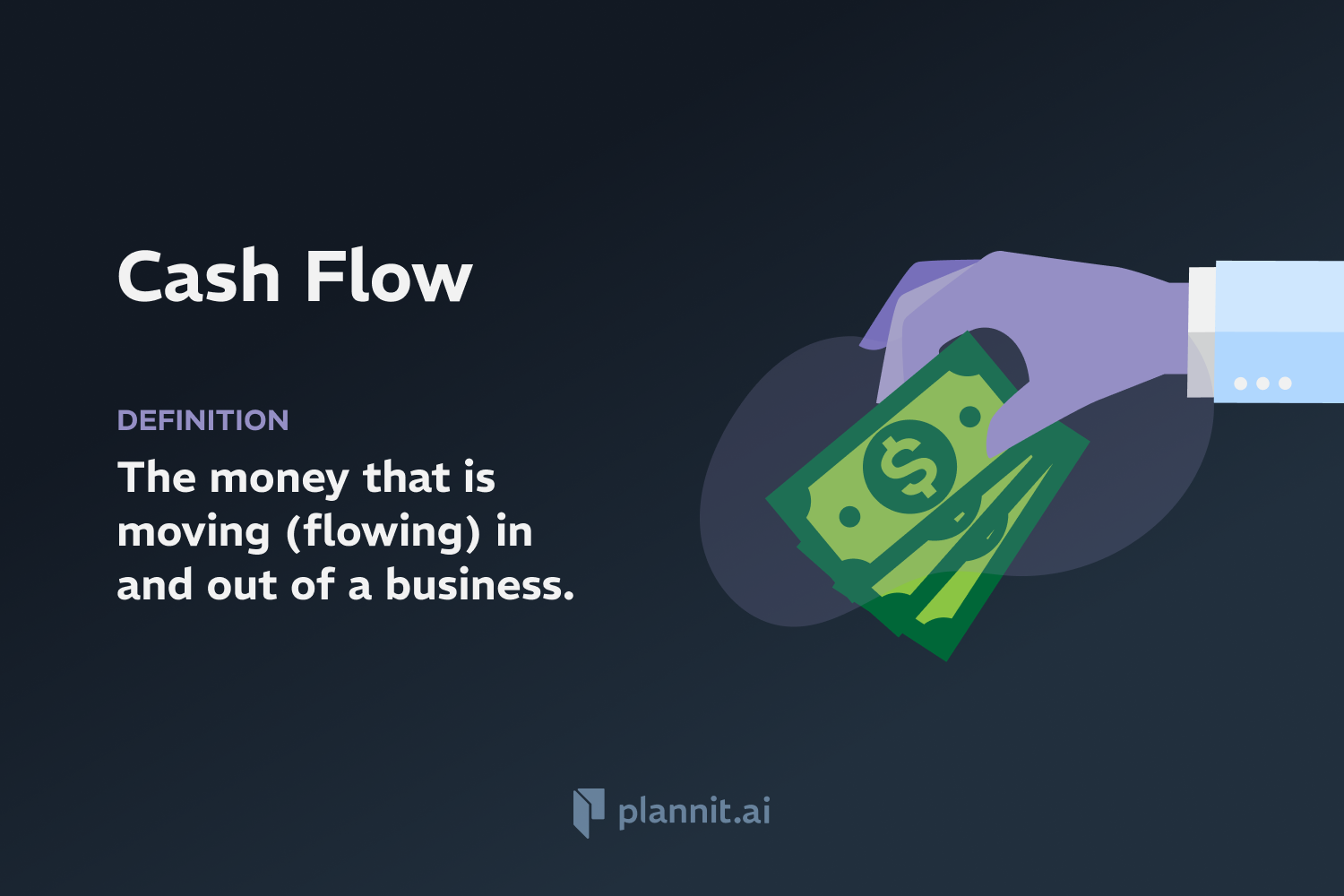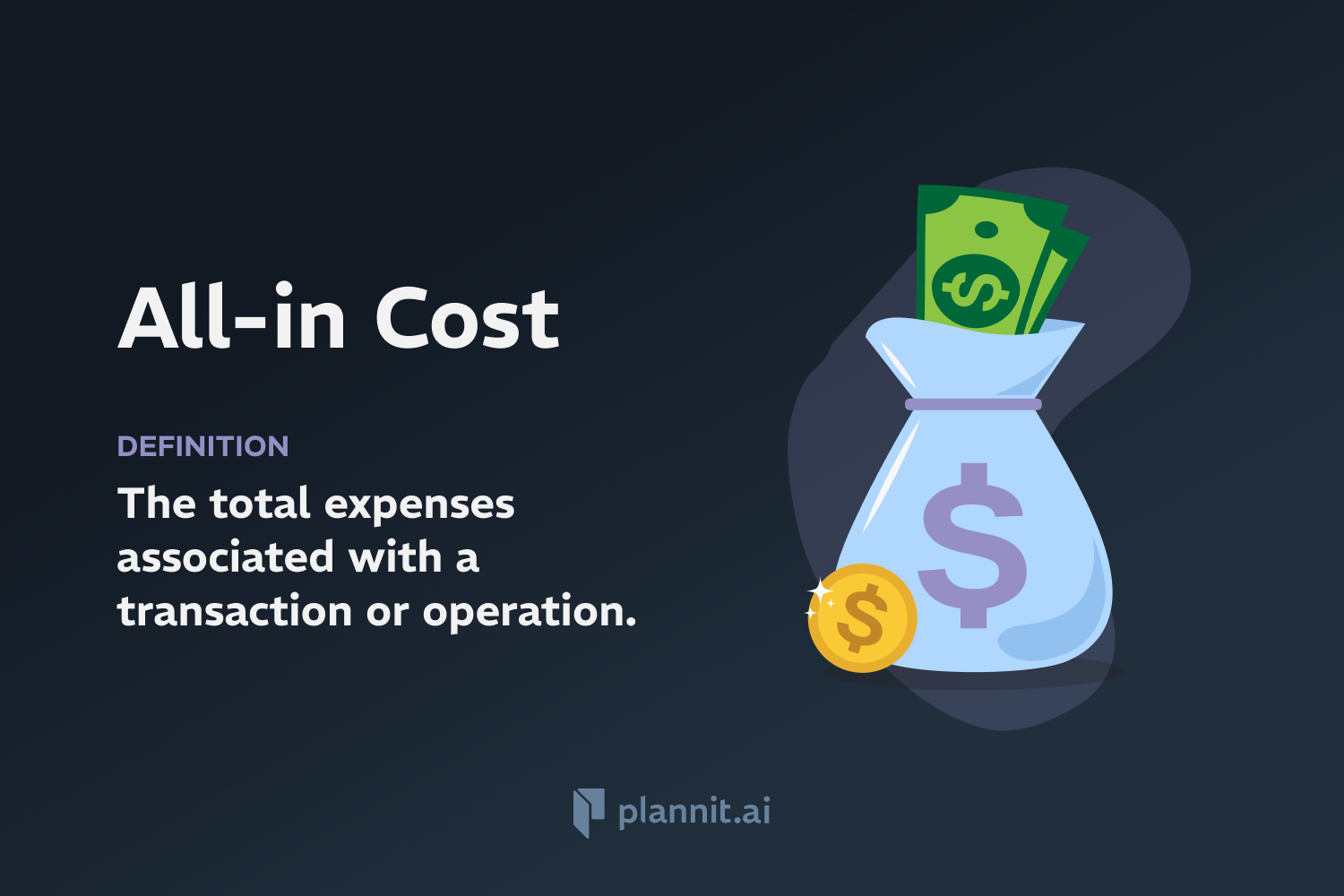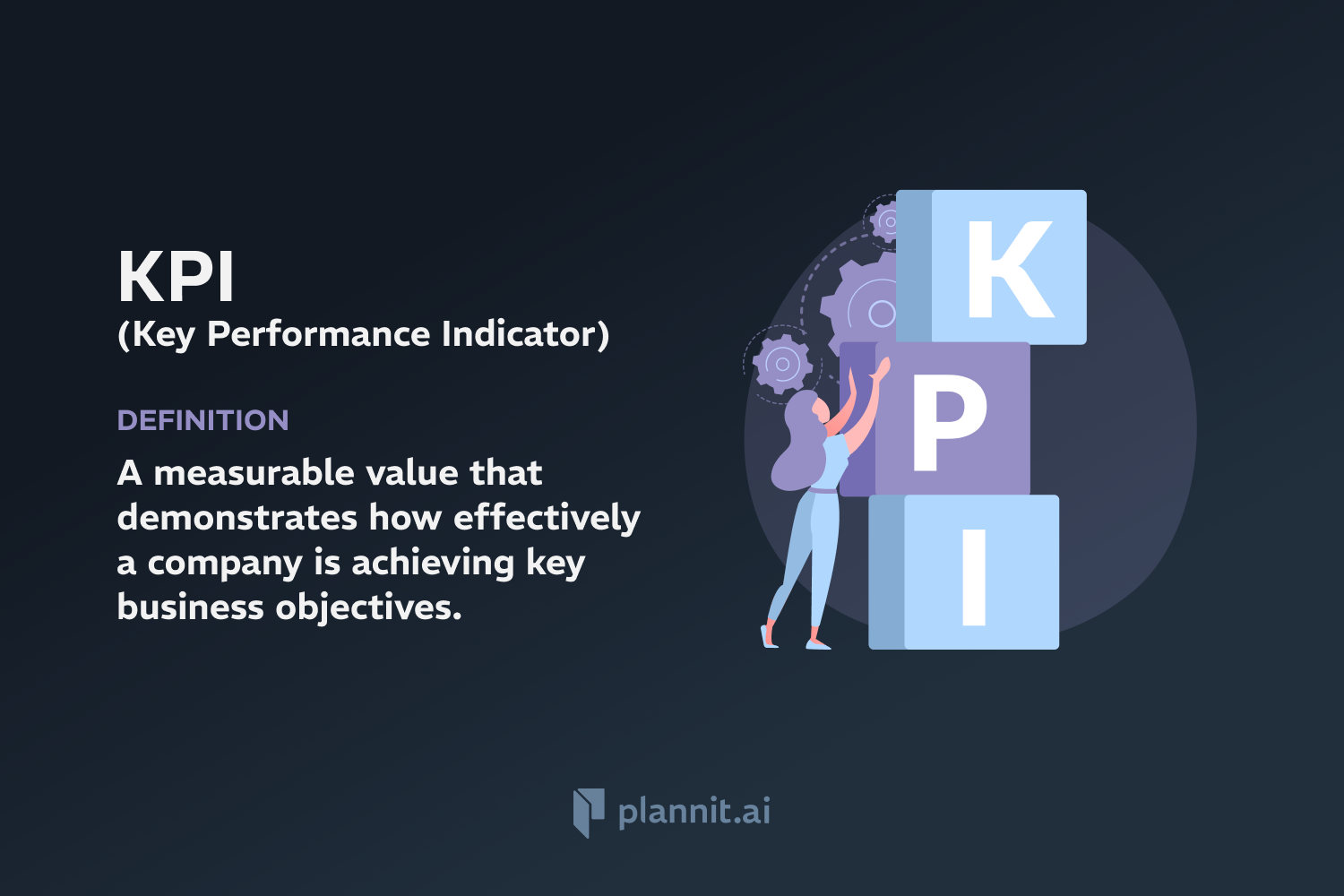Need Help With Your Business Plan?
Answer tailored questions and get a detailed business plan in minutes.
Initial Public Offering (IPO): Definition & In-Depth Explanation
Definition:
An Initial Public Offering (IPO) is the process through which a private company becomes publicly traded by offering its shares to the public for the first time. This significant financial strategy allows a company to raise capital from public investors to fund operations, pay debts, invest in business growth, or allow company insiders to diversify their holdings or monetize their investment.
Context of Use:
IPOs are a critical aspect of the financial markets, enabling private companies to access funding from the broader capital markets. They are of interest to a wide range of stakeholders, including company founders, venture capitalists, institutional investors, and retail investors.
Purpose:
The primary purpose of an IPO is for the company to raise capital to fund current and future business operations. It also provides the company with a publicly recognized valuation and allows it to use its shares as currency for acquisitions and employee compensation.
Example:
Technology Startups: Many tech startups pursue IPOs after reaching a stage of mature growth to access the capital necessary for further expansion.
Biotech Firms: These companies often go public to fund lengthy and expensive drug development processes.
Related Terms:
Underwriter: Financial specialists, typically investment banks, that help the issuing company prepare for and navigate the IPO process, including valuing the shares, filing necessary documents with regulators, and marketing the stock issuance.
Secondary Offering: The issuance of new stock for public sale from a company that has already made its initial public offering.
Market Capitalization: The total value of a company's outstanding shares of stock, calculated at the current market price per share.
FAQs:
1. What are the benefits of an IPO for a company?
A: Benefits include access to investment capital, increased exposure and prestige, and the ability to attract and retain top talent through public company incentives such as stock options.
2. What are the risks associated with an IPO?
A: Risks include the significant cost of the IPO process, the requirement to disclose financial and business information, potential loss of control for original owners, and market volatility that can affect the perceived value of the company.
3. How is the price of an IPO determined?
A: The price is determined by the underwriters who analyze the company's prospects, industry conditions, and the general market environment to set a price that reflects the company’s value while being attractive to investors.
4. What does it mean for an investor to participate in an IPO?
A: For an investor, participating in an IPO means buying the company's shares when they are first offered to the public, potentially benefiting from the price increase if the company grows successfully.
5. Are there alternatives to a traditional IPO?
A: Yes, alternatives include direct listings, where companies sell existing shares directly to the public without underwriters, and SPACs (Special Purpose Acquisition Companies), which are shell companies created to merge with a private company for taking it public.
Get funding with a business plan that will impress investors.
Starting a New Business?



